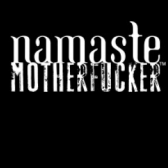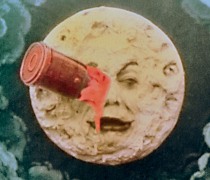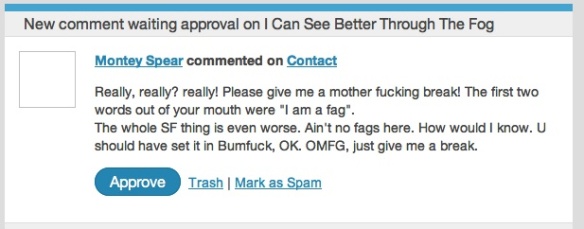I Can See Better Through the Fog is a storytelling podcast series in the vein of This American Life and the Moth. It tells the ongoing story of an echo boomer’s quarter life crises, featuring life, love, music, and San Francisco. Press the play button below to hear an audio recording of this latest entry or listen to it on iTunes. If it doesn’t work, you may need the latest version of flash software. (click here to download). Another troubleshooting tip would be to go directly to the soundcloud website. Sit back and let your ears do the work. The text version of this entry is provided beneath the list of selected tracks.
Runtime: 6 minutes and 49 seconds.
Selected tracks: Fiona Apple “Every Single Night” and Beck “I Just Started Hating Some People Today”
Sediments of left over tea danced like snowflakes in a snow globe inside my reused Snapple jar. Waves of foggy tap water crashed against the bottom side of the bottle cap. The few drops of water that escaped were soaked up by the green beach towel the bottle nestled against. With my yoga supplies tucked beneath my arm, I walked down California Street.
As I approached Fillmore, thirty yards down the street a white billboard with an orange flower logo hung at the top of a door frame, perpendicular to the victorian building on which it was attached. It matched the logo from the yoga studio’s website. On this free weekday morning, an unusual occurrence for me, I’d decided to try yoga to curb my habitual, torturous, and excessive anxiousness.
I walked down a narrow hallway, painted the same shade of orange as the logo out front, to a set of stairs. At the top of the stairs and to the right, a doorway waited for me. Peering into the studio, I saw only a reflection of myself in the mirror across from me that ran the length of the studio. Wondering if I missed the office in the hallway downstairs, I peered back down the steps. There was no indication I’d missed anything. Peeking my head further into the studio, I noticed a cubicle tucked away in a nook to the left and behind the door. A middle aged man with blonde sprouts, that were unlikely to grow back in full, and big green googly eyes stared at a computer screen hidden by the concave wooden desk he sat behind.
“Are you a new student?” the man asked, shifting his attention from the computer to me. “Ya. I’m here for the introductory thirty days for thirty dollars,” I answered. The man behind the desk smiled and handed me a form attached to a clip board. After filling out the form, I returned it to him with my check card. He typed away at his computer. “You’re all squared away Max,” he said. “Thanks. And what was your name?” I asked. “Venis,” he smiled.
By the spelling on the website, I’d thought his name was pronounced like the planet of the same spelling, but he said it like the canal linked city in Italy. “You can take a seat anywhere you’d like,” Venis called, as I was placing my belongings into a square cubby. I migrated over to the front left corner of the empty room and lay my towel down. Atop it, I breathed in and out methodically, relaxing my mind before the session. It was over 90 degrees in the room, the antithesis of the foggy weather looming just outside the sliding glass doors that lead to a backyard deck.
“This is so strange,” Venis called from his cave. “Usually we’re packed by now.” It was seven minutes until showtime. As ten o’clock scrolled closer, only three others roamed in. By the way Venis greeted each of them, I guessed they were semi-regulars. At ten sharp, Venis left his desktop and shut the door to the studio. “Well, I guess it’s just us today,” he commented. I didn’t recognize until he was out from behind the desk that he wore a light purple tank top and short shorts. He was beginning to remind me more and more like Richard Simmons.
“We’re going to start out today with a breathing exercise,” Venis began. “Stand up straight and face the mirror. You can put your towels to the side for now.” I folded up my towel and let my feet firmly press against the rough carpet. “Now take a deep breath in through your nose, and I want to hear a loud breath out of your mouth.” Me and his other three students followed his lead. After a few medium volume breaths, Venis interjected. “I can’t hear you! There’s four of you and one of me.” He took his own breaths, which were inhumanly louder than the four of us students put together. “I can barely hear you. Louder! Breeeeeaaaaathe!” My anxiousness was replaced by chagrin.
As we continued into different poses, Venis kept pushing. “We’re going right into the next one. Don’t forget to breeeeeaaaaaathe!” Venis beckoned. Venis indeed was Richard Simmons, if he were cast as the drill sergeant in “Full Metal Jacket”. Finally we came to our last pose. Our raised, contorted arms lifted all our shirts just above our navels. “Now turn your back!” Venis commanded with the intensity of a military commander. I twisted to the right, wincing in pain. Across the spectrum of tense, sweating students, I noticed a black bumper sticker on the registration nook. It read “Namaste Motherfucker”.










